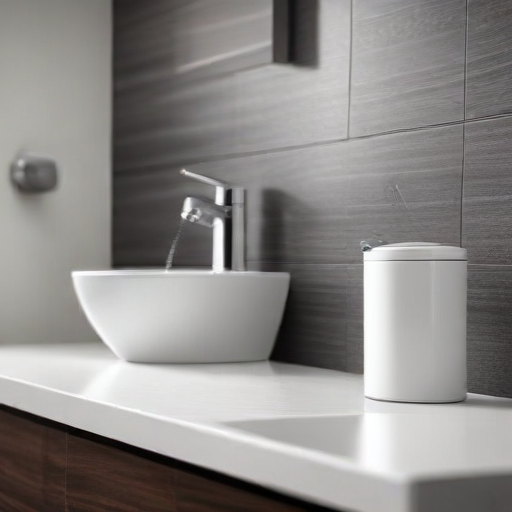Roca Group, a global leader in bathroom design and manufacturing, has been navigating a series of challenges over recent years, including disruptions from the COVID-19 pandemic, the war in Ukraine, and fluctuating energy prices. Established in 1917 and based in Barcelona, Roca Group operates in 170 countries, employs 21,000 staff, and maintains 79 production facilities, showcasing its robust international presence.
According to Jacques Nieuwland, Digital Transformation Director at Roca Group, the company has been actively expanding its global operations through both organic growth and strategic acquisitions. He emphasizes that his role focuses on integrating technology to advance the firm’s strategic goals of growth, innovation, operational excellence, and sustainability.
To manage its diverse global supply chain effectively, Roca has been adopting more agile planning strategies. Nieuwland noted that increased technological integration has allowed for improved visibility across the supply chain, enabling all participants—Roca, suppliers, and customers—to collaborate using consistent data. This collaboration enhances efficiency throughout the entire value chain.
Central to this process is the use of SAP software. Roca relies on SAP for performing critical functions such as order processing and production planning, which provide the necessary structure for decision-making and business scalability. The company is utilizing SAP Integrated Business Planning for Supply Chain solutions to forecast demand accurately and adjust production plans to ensure optimal stock levels while maintaining high service standards.
Roca’s longstanding partnership with SAP has been instrumental in its adoption of technology. This partnership has fostered trust in SAP’s comprehensive suite of solutions, which Roca believes are essential for its operational success. As part of its continued digital transformation, Roca plans to implement the RISE with SAP model, going live with the SAP S/4HANA Cloud by early 2025. Nieuwland believes this cloud-based solution will unlock additional innovation opportunities.
Integration of advanced technologies, including SAP’s generative AI tool, Joule, into their cloud ERP system is expected to enhance productivity and customer service. Nieuwland points out that these technologies will also further Roca’s commitment to sustainability by improving operational efficiencies and minimizing waste.
On the sustainability front, Roca Group is focused on assessing its carbon emissions across various scopes and has set ambitious targets to reduce CO2 output with an aim to achieve carbon neutrality by 2045. Nieuwland reiterates the company’s mission to provide the best bathroom experience globally while maintaining a strong commitment to environmental stewardship.
For other manufacturers, Nieuwland advises starting with identified business challenges and leveraging technology to create meaningful business value, rather than just implementing disparate solutions. He highlights the importance of collaboration among cross-functional teams to devise comprehensive strategies that align with broader business objectives.
In summary, Roca Group’s approach to embracing technology and sustainability could serve as a model for other global businesses, showing how proactive adaptation and strategic partnerships can drive success amid challenges. This journey of innovation not only strengthens their market position but also contributes positively to environmental goals, illustrating a hopeful trajectory in the manufacturing sector.
